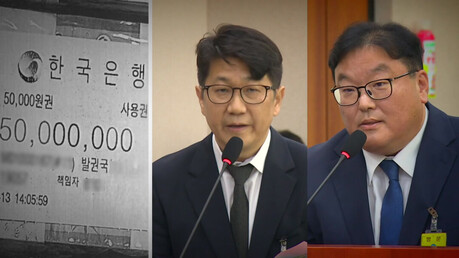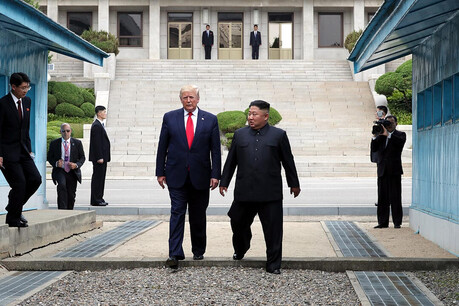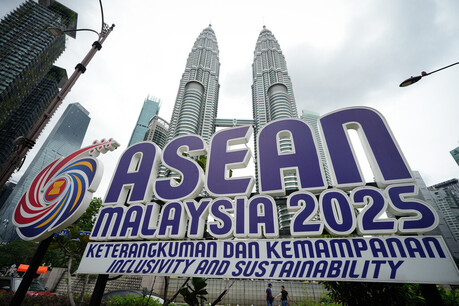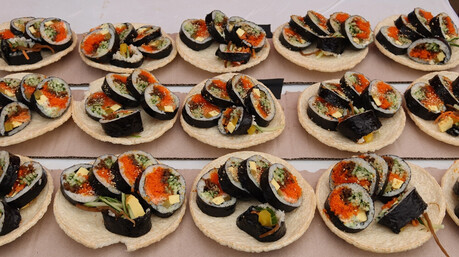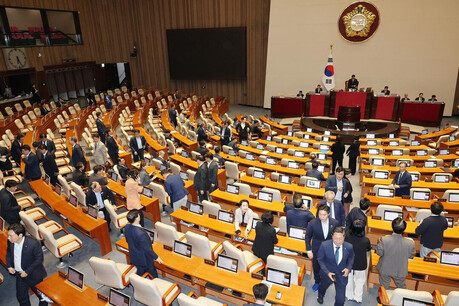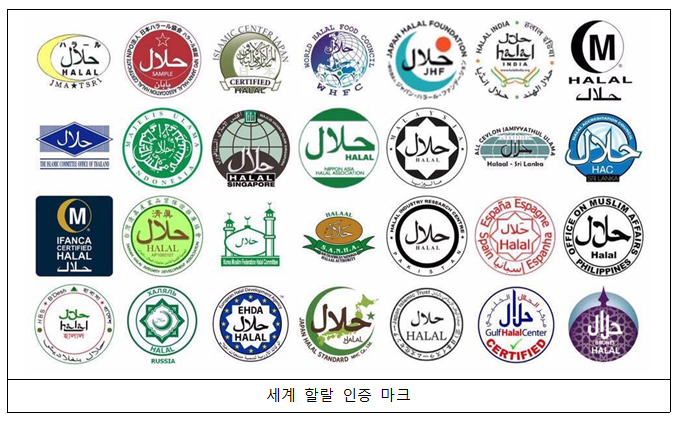
[GLOBAL ECONOMIC TIMES] An emergency light has been turned on for Indonesian food exports worth 300 billion won per year. Halal certification will be mandatory for exported food from the 17th, but most small and medium-sized businesses in Korea are facing great difficulties as they are not prepared. In particular, as the use of animal raw materials such as butter is restricted, more and more companies are experiencing disruptions in product production.
According to the Korea Agriculture, Food and Rural Affairs Corporation, exports of Indonesian agricultural products by domestic companies last year amounted to $246 million. However, the rate of obtaining halal certification is only 36%, so it is expected that most companies will suffer a major blow to their exports.
Large companies are pursuing certification in cooperation with local certification agencies, but small and medium-sized businesses are experiencing difficulties due to high certification costs and complicated procedures. In particular, even if Halal certification is obtained in Korea, it is often necessary to obtain certification again in Indonesia, which is a double burden.
The Indonesian government has been preparing to implement the Halal Product Guarantee Act since 2019, and plans to expand halal certification to all items, including food and beverages starting this year and cosmetics and clothing by 2026.
Indonesia is the world's largest halal market, showing a high average annual growth rate of 15%. As the halal economy spreads globally, entering the Indonesian market is an important opportunity for domestic companies and a challenge that must be solved at the same time.
Accordingly, Korea Testing & Research Institute (KTC) plans to provide halal testing and certification services for various items such as cosmetics, chemicals, and household goods in addition to food by signing a mutual recognition agreement with the Indonesian Halal Guarantee Agency.
An official from the Korea Food Research Institute advised, "When exporting food to Islamic countries, including Indonesia, there are various requirements in addition to halal certification," and added, "Domestic small and medium-sized businesses should prepare in advance."
Strengthening Indonesia's Halal certification is expected to bring major changes to the domestic food industry. Along with government support, small and medium-sized businesses should be fully aware of information on halal certification and respond proactively. Additionally, expansion of the role of domestic certification agencies and support at the government level are needed.
[Copyright (c) Global Economic Times. All Rights Reserved.]
















